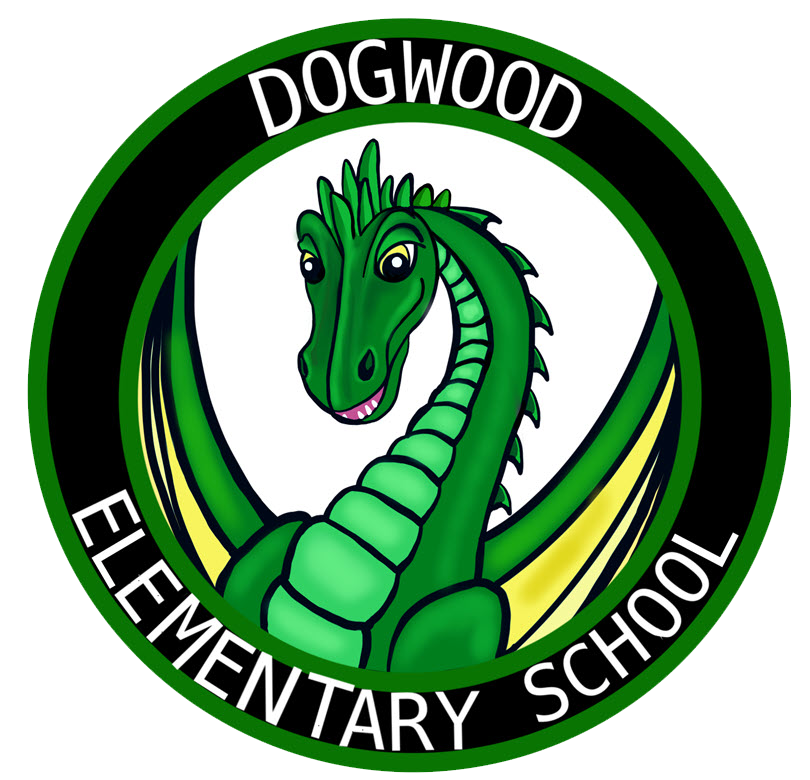Fifth Grade Units of Inquiry
Fifth grade classes participate in six units of inquiry throughout the year. Click on each unit below to learn more.
Unit 1 - Who We Are
Transdisciplinary Theme
Who we are: an inquiry into the nature of the self; beliefs and values; personal, physical, mental, social and spiritual health; human relationships including families, friends, communities, and cultures; rights and responsibilities; what it means to be human.
Central Idea
Relationships create change.
Lines of Inquiry
- The movement of the Earth
- The interactions within an ecosystem
- The impact of identity on communication
Attributes of the Learner Profile
- Principled
- Open-Minded
- Caring
Parent Support
Questions to ask your child:
- What are some relationships in an ecosystem?
- How do humans impact communities?
- Can a rock change back?
Vocabulary words that may be used during your discussions: organism, population, community, ecosystem, living, non-living, rock cycle, igneous, sedimentary, metamorphic, weathering, erosion
Unit 2 - How We Organize Ourselves
Transdisciplinary Theme
How we organize ourselves: an inquiry into the interconnectedness of human-made systems and communities; the structure and function of organizations; societal decision-making; economic activities and their impact on humankind and the environment.
Central Idea
Organization impacts our understanding of the world.
Lines of Inquiry
- The ocean environment (connection)
- The characteristics of matter (connection and function)
- The organization of text (function)
Attributes of the Learner Profile
- Knowledgeable
- Inquirer
- Communicator
Parent Support
Questions to ask your child:
- How is our household organized?
- How is the ocean organized?
- How did reading this book change your thinking?
- What text structures di the author use to organize the text?
Here are some of the vocabulary words student might use in your discussions: Salinity, density, atom, molecule, compound, mixture, solution
Unit 3 - How the World Works
Transdisciplinary Theme
How the world works: an inquiry into the natural world and its laws, the interaction between the natural world (physical and biological) and human societies; how humans use their understanding of scientific principles; the impact of scientific and technological advances on society and on the environment.
Central Idea
Patterns help us make predictions.
Lines of Inquiry
- Weather patterns (form and function)
- Solar system (form)
- Relationships between the Earth, moon, and sun (function)
- Characteristics of fantasy stories (form)
Attributes of the Learner Profile
- Thinker
- Reflective
Parent Support
Questions to ask your child:
- What patterns do you see?
- How do you describe the phases of the moon?
- What is the relationship between the Earth, sun, and moon?
Here are some of the vocabulary words student might use in your discussions: Rain gauge, rotation, revolution, axis, prediction, gas giants, terrestrial, hypothesis, precipitation, anemometer, cumulonimbus,
Unit 4 - Where We Are in Place and Time
Transdisciplinary Theme
Where we are in place and time: an inquiry into orientation in place and time; personal histories; homes and journeys; the discoveries, explorations and migrations of humankind; the relationship between and the interconnectedness of individuals and civilizations, from local and global perspectives.
Central Idea
Change is a result of interactions
Lines of Inquiry
- Characteristics of light and sound. (causation)
- Transfer of energy (causation)
- Process of research (causation)
Attributes of the Learner Profile
- Principled
- Inquirer
- Knowledgeable
Parent Support
Questions to ask your child:
- How does light and sound behave?
- What’s the perspective on the topic of this book?
- How does this topic affect lives?
Here are some of the vocabulary words student might use in your discussions: Constant, transverse, hypothesis, compression, reflection, refraction, opaque, transparent, translucent, pitch, vibrate, wavelength, amplitude
Single Subject Connections
- In Music, the students will explore the science behind how various instruments work. They will identify the interactions that cause the change in sound an instrument makes.
- In PE, the students will explore the concept of causation as they develop their volleyball skills. They will work collaboratively to develop their serving, passing, and setting skills.
- In STEAM, the students will use microbits “Light Level Meter”, measuring different levels and types of light, both natural and man-made.
- In Spanish STEAM, the students will explore sound by designing and creating musical instruments. Students will interact with their instruments by programming (coding) their sounds using micro bits
Unit 5 - Sharing the Planet
Transdisciplinary Theme
Sharing the planet: an inquiry into rights and responsibilities in the struggle to share finite resources with other people and other living things; communities and the relationship within and between them; access to equal opportunities; peace and conflict resolution.
Central idea
Systems function as a result of the parts
Lines of Inquiry
- Survival of organisms (connection)
- Structure and function of the parts of organisms (connection and responsibility)
- Responsibility a reader has to make informed judgements/decisions about text (Responsibility)
Learner Profile Attributes
- Balanced
- Principled
Parent Support
Questions to ask your child:
- Why is important for an organism to adapt to its environment?
- What might be the consequences if the structure of an organism changed?
- How is an organism’s structure connected to its survival?
- How are the characteristic of an organism connected to its survival?
Unit 6 - How We Express Ourselves
Transdisciplinary Theme
How we express ourselves: an inquiry into the ways in which we discover and express ideas, feelings, nature, culture, beliefs and values; the ways in which we reflect on, extend and enjoy our creativity, our appreciation of the aesthetic.
Central idea
Lines of Inquiry
Learner Profile Attributes

